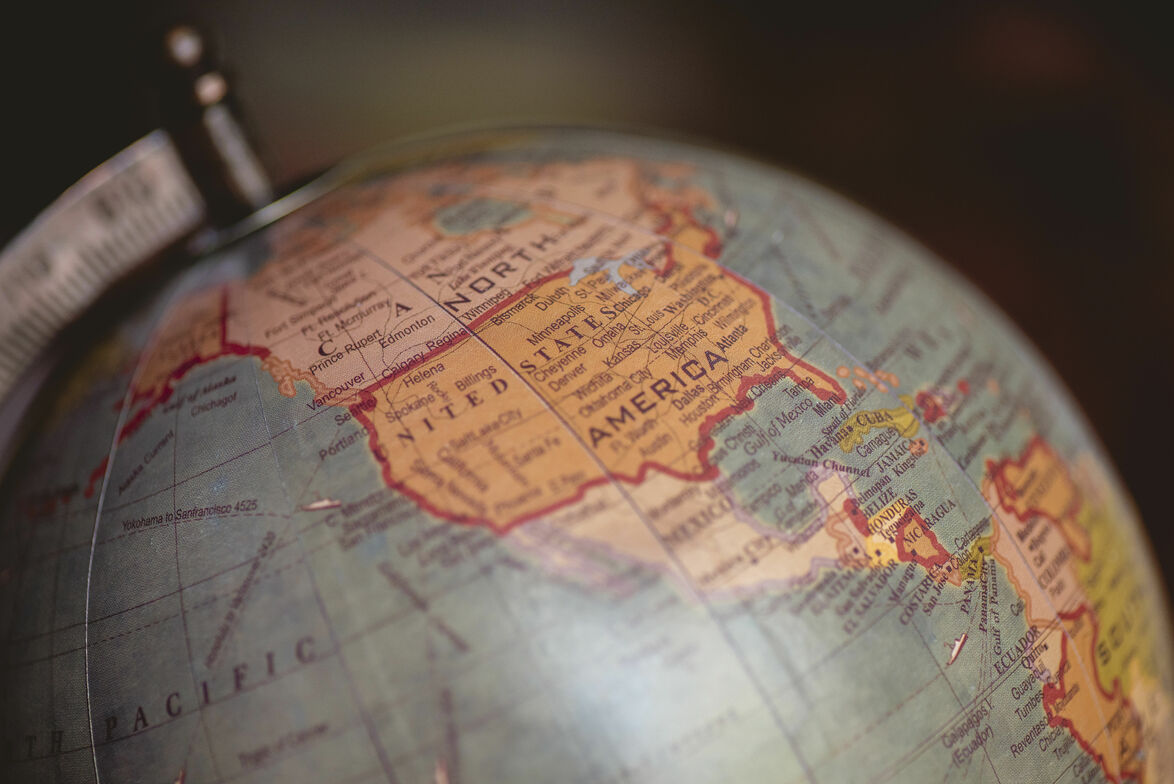When There is No Peace

Yet again, our nation faces violence and searches for understanding, as we remember figures like Charlie Kirk, Iryna Zarutska, Melissa and Mark Hortman, and too many schoolchildren whose lives ended tragically in places of learning and worship. Our national wounds seem to be forever raw, the scabs ripped away yet again, leaving us acutely polarized.
God cried out through the prophet: “They offer superficial treatments for my people’s mortal wound. They give assurances of peace when there is no peace.” (Jeremiah 6:14, NLT) Across America, we feel grief, anger, and despair—not just from acts of violence, but from an underlying atmosphere of unrest.
It is not only the act of violence that afflicts us but the spirit of violence that hangs heavy in the air
And if we’re honest, we often feel like we only have two choices before us: pick a side and point fingers. Proclaim the justice of our side and the evil of the other. Lament the loss of life for the Democrat but say nothing for the Republican, speak up for the Republican but ignore the Democrat. Yet is not life more than partisanship? Is not all human life sacred?
“Then God said, ‘Let us make human beings in our image’…So God created human beings in his own image” (Genesis 1:26-27, NLT). Our Scriptures proclaim the imago dei, the sacredness of all humankind: irrespective of the stage of life, irrespective of race or culture or national origin or immigrant status, irrespective of social class, irrespective of gender, irrespective of political affiliation.
We are not the first nation to struggle with division and violence. In every time and in every place, humankind has wrestled with the primal urge to retaliate, to even the score, to avenge the wrong. Yet as the histories of Northern Ireland, India, South Africa, Palestine, Rwanda and the United States have taught us, meeting violence with violence never really evens things. It only sets the stage for the next outbreak.
“I have decided to stick with love,” Dr. Martin Luther King, Jr. said. “Hate is too great a burden to bear.” And Mohandas Gandhi echoed, “Whenever you are confronted with an opponent, conquer him with love.”
For Christ-followers, our calling is clear. “Blessed are the peacemakers, for they will be called children of God.” (Matthew 5:9, NIV) As American Christians, we must find our way back to the Son of Man, to sit at his feet, to learn from him. Our ultimate calling is to not to a flag or a party, but to the Shepherd of our souls. Our symbol is not a sword but a cross.
It is a moment to forsake our lesser ambitions and re-commit to the Kingdom call of Jesus
In the face of increasingly perilous times, when fear and distrust rise, we the followers of Jesus must humble ourselves and commit to a singular calling of peacemaking. Jesus’ way doesn’t fit neatly into red or blue, right or left. It is a transcendent way, a way rooted in the gospel of peace. And not a pathway of theocracy but a path that models Jesus with an open hand, one that treats all our neighbors of differing culture, class and faith with respect and love.
This is a fearsome time, but an opportune one. It is a moment to forsake our lesser ambitions and re-commit to the Kingdom call of Jesus. A moment to learn from the Global Church how to love through suffering. A moment to show a world of division what hope looks like when it is anchored not in politics but in the Kingdom of Jesus, a hope that calls us to transformative healing, authentic reconciliation and peace. A calling that never gives up on loving one another as Jesus loves us.